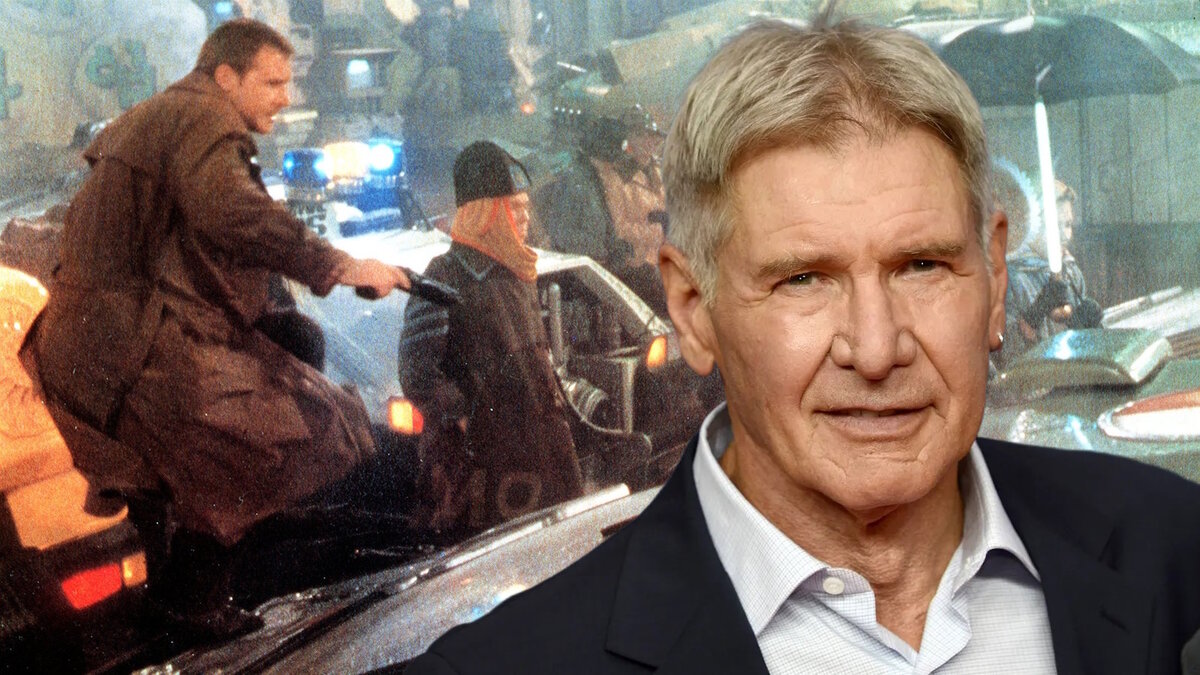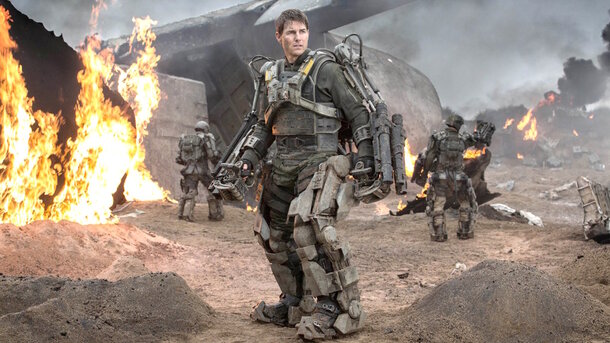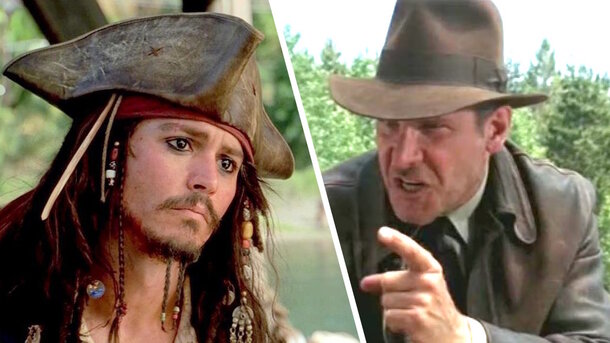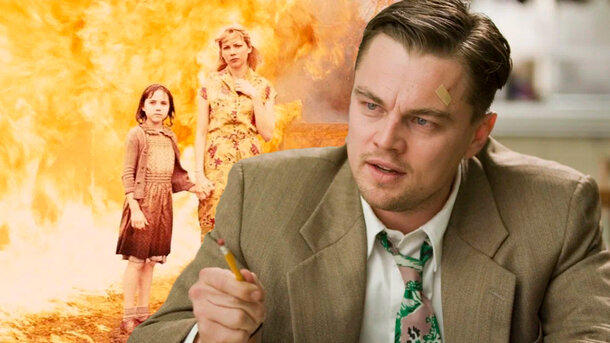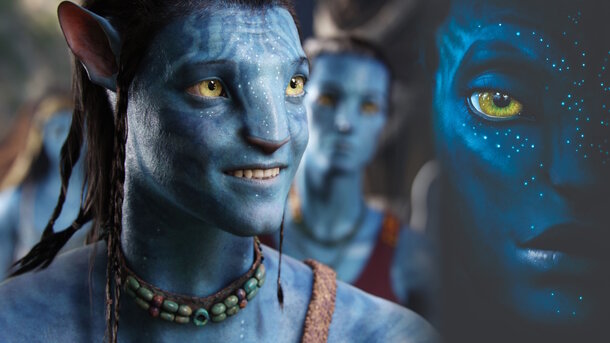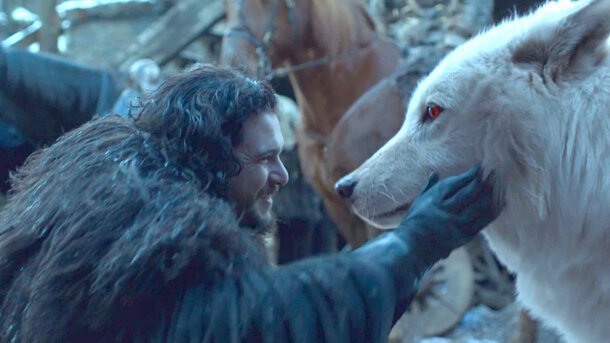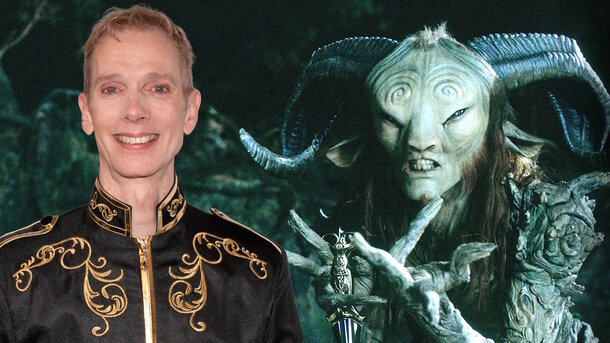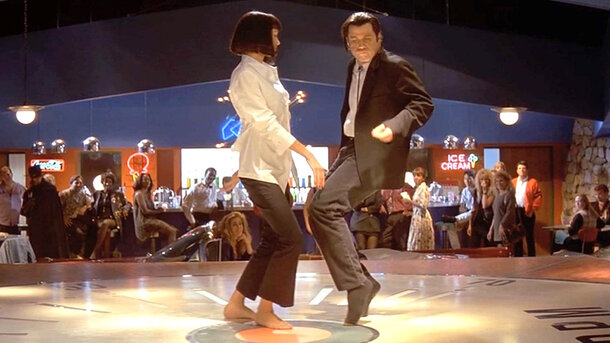Ridley Scott had unwavering faith in Harrison Ford long before he became one of Hollywood’s biggest stars. Reflecting on the casting of the 1982 sci-fi classic Blade Runner, Scott recently shared how he faced resistance in his choice of leading man.
At the time, Ford was fresh off his breakout roles as Han Solo in Star Wars (1977) and Indiana Jones in Raiders of the Lost Ark (1981). Despite these successes, he wasn’t yet the household name he is today. Scott recalled in an interview with GQ:
"Harrison Ford was not a star. He had just finished flying the Millennium Falcon in Star Wars. I remember my financiers saying, 'Who the f*** is Harrison Ford?' And I said, 'You’re going to find out.' So Harry became my leading man."
Inventing a New World
In Blade Runner, Ford portrayed Rick Deckard, a Blade Runner tasked with tracking down and 'retiring' four escaped Replicants on Earth. The film’s groundbreaking vision of a dystopian future was born from Scott’s collaboration with screenwriter Hampton Fancher, who had adapted Philip K. Dick’s novel Do Androids Dream of Electric Sheep?
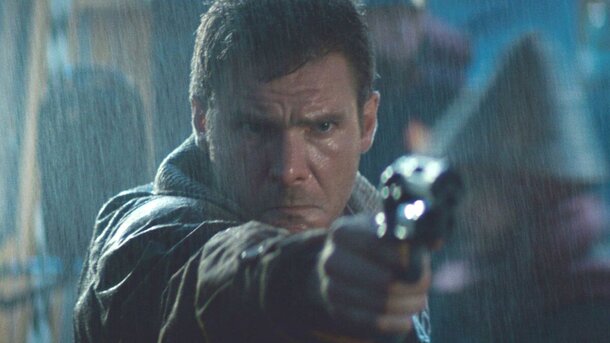
Scott described their creative process: "I spent five months with a very good writer, Hampton Fancher, who’d really written a play adapted from the novel. I read the book and felt there were 90 stories in the first 20 pages, and I thought, 'It’s too complex.'"
He continued, "Hampton had written this beautiful story that takes place in an apartment. It’s an internal story where a 'hunter' falls in love with his quarry. I loved the cadence and rhythm of his dialogue, but I said, 'I want to see what happens when he goes out the door.' From that moment on, we just went boom."
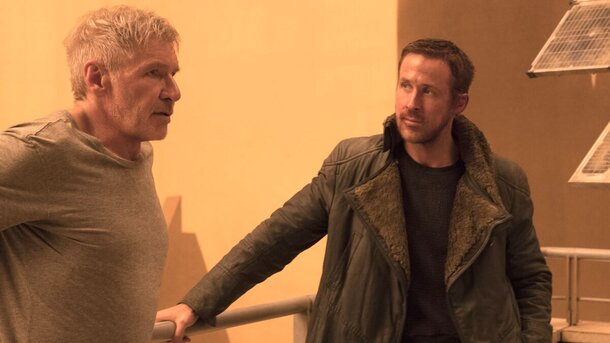
The Legacy of Blade Runner
Though Blade Runner didn’t achieve massive commercial success upon release, its influence on the sci-fi genre is immeasurable. The film has since spawned a franchise, including a sequel, Blade Runner 2049 (2017), where Ford reprised his role as Deckard, and an upcoming TV series.
Scott’s faith in Ford and his vision for Blade Runner proved prescient, solidifying both the actor and the film as icons in cinematic history.
